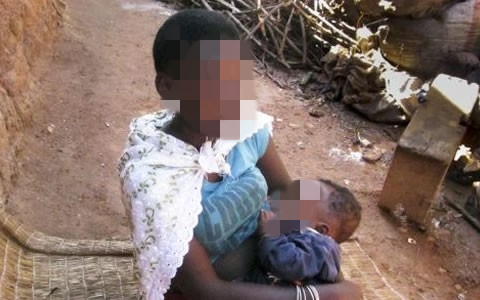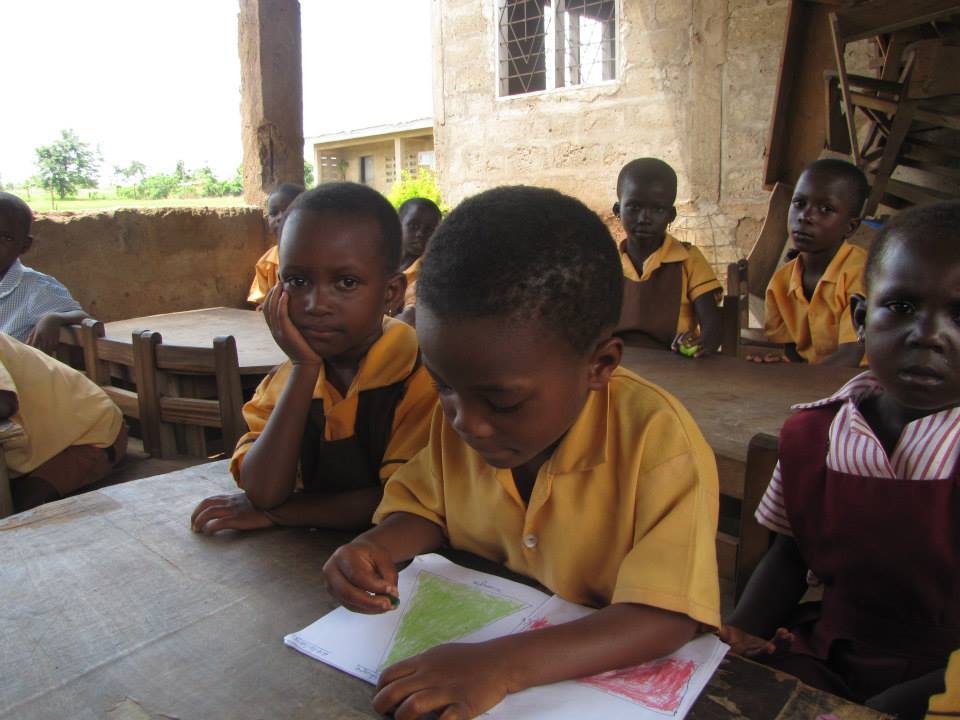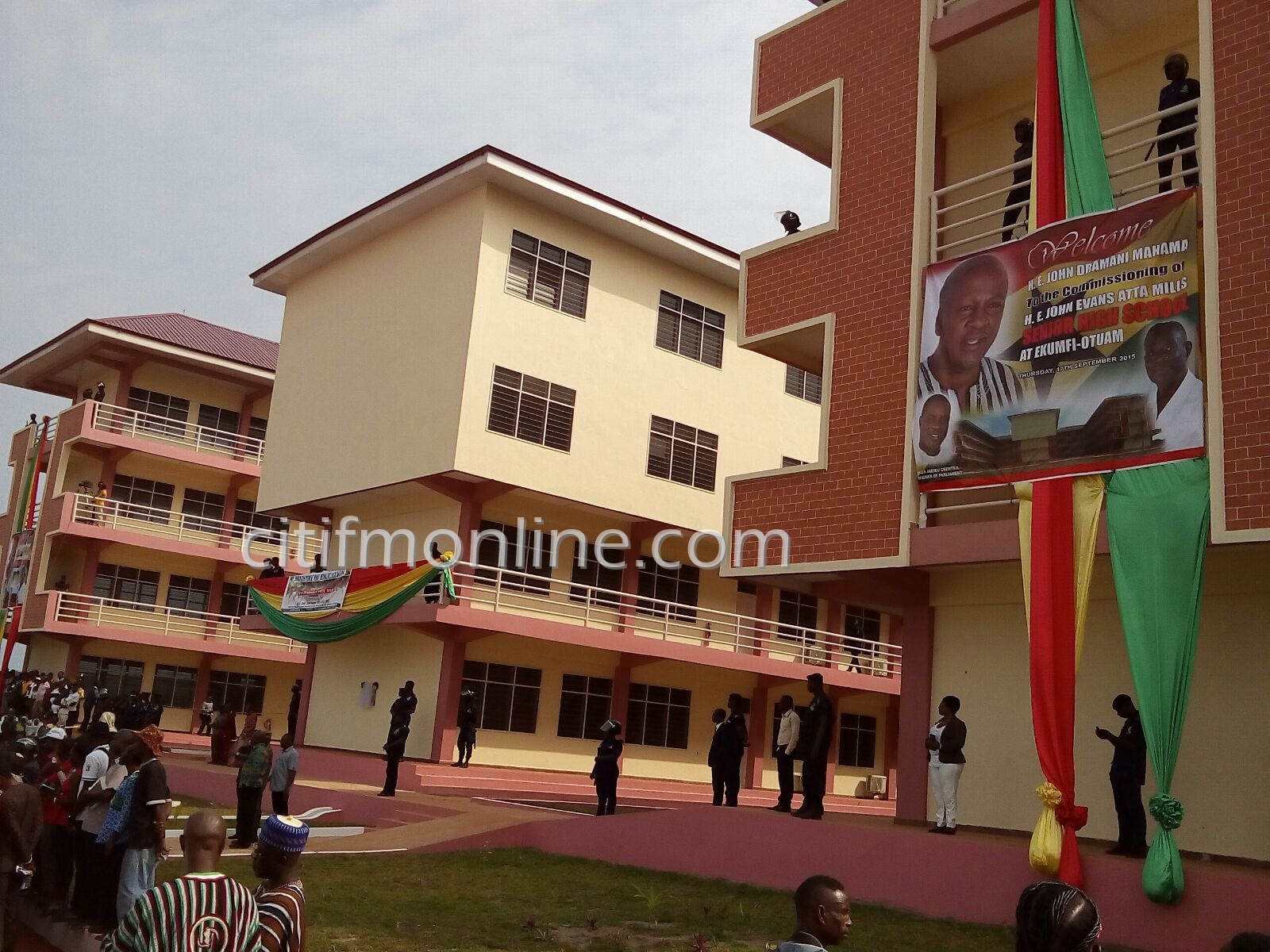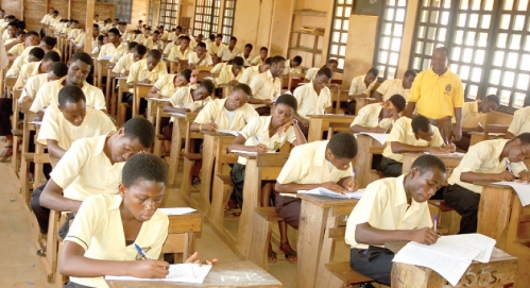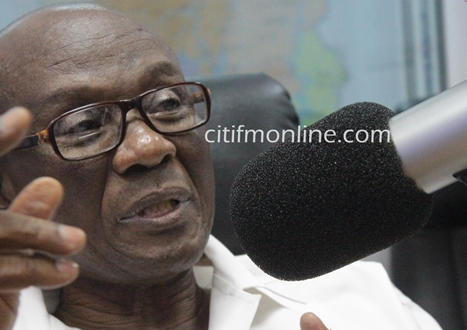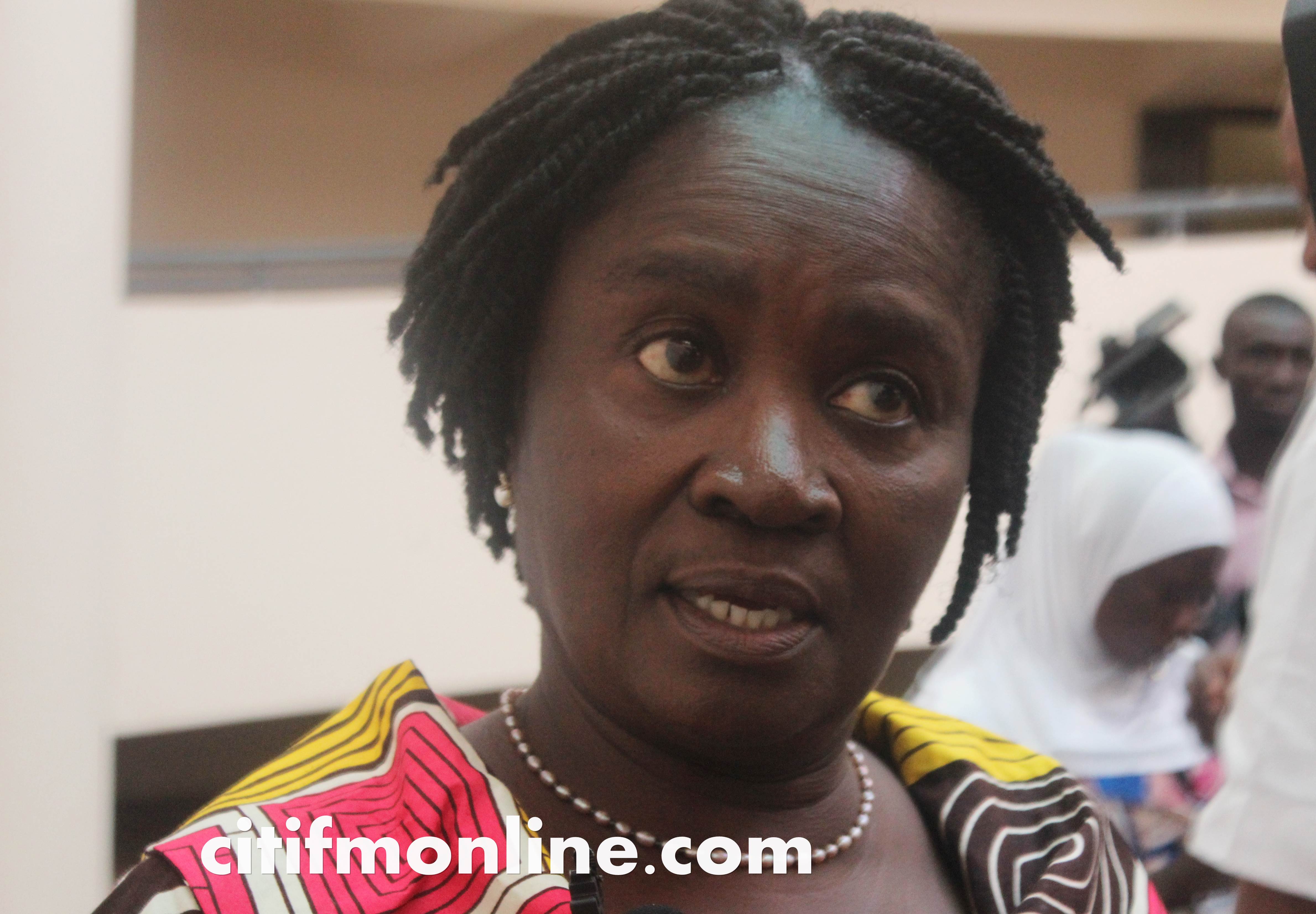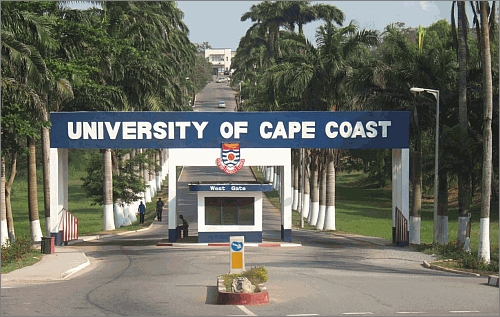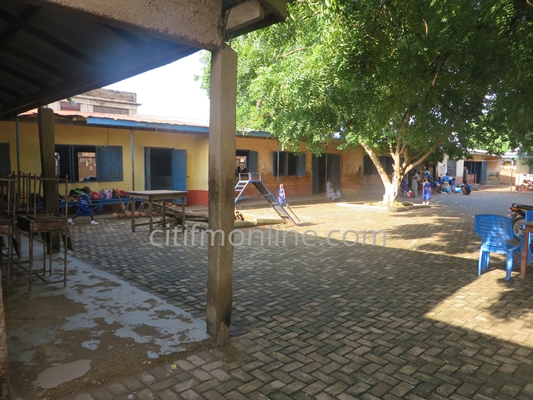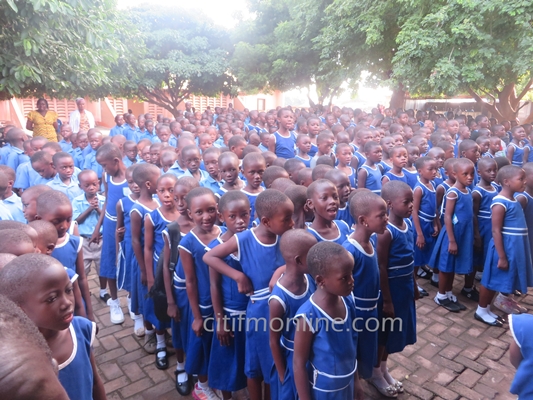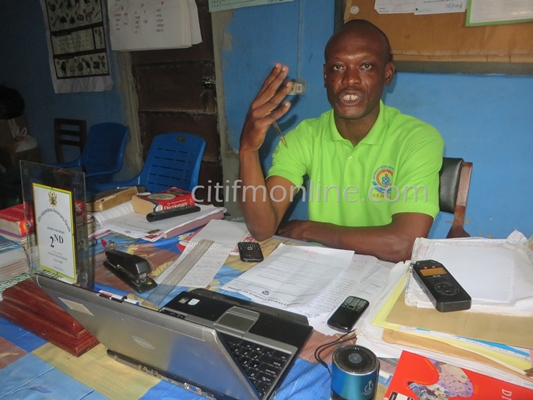The GNPC Oil and Gas Learning Foundation (GNPC-OGLF), has granted scholarship to 46 Ghanaians to study programmes relevant to the oil and gas industry for the 2015/2016 academic year.
The beneficiaries, who constitute the fourth batch of students to be sponsored by the GNPC–OGLF to study abroad, are made up of 34 males and 12 females.
Of the number, 13 will be studying geosciences, 13 petroleum engineering, eight other engineering sciences and 12 petro-business programmes, all at the Master’s Level.
Addressing the beneficiaries at a cocktail reception in Accra on Tuesday, Professor Naana Jane Opoku-Agyemang, Minister of Education, advised them to study hard to justify the investment made by the government.
She further urged them to return home after their study to serve mother Ghana.
Mr. Alex Mould, the Chief Executive Officer of GNPC, assured the beneficiaries that on their return home after studies; the Corporation would assist them to have internship within the oil and gas industry as part of building their capacities for the job market.
He also advised them to study hard, be worthy ambassadors to the nation and to return home after studies to serve the nation.
Prof Thomas Akabzaa, the Chief Director of Petroleum Ministry, said the GNPC-OGLF programme was in line with the Ministry’s policy of building capacities of Ghanaians in the sector to ensure its sustainable management.
Pastor Andrew K. L. Badoo, the Executive Secretary of the GNPC-OGLF, observed that so far 99.9 per cent of beneficiaries who had completed their studies had returned home to work.
He said those who were yet to return home were still having their internship programmes with some international oil and gas entities, which are currently operating in Ghana.
He said under the scholarship scheme, beneficiaries were required to return home after their studies to serve for at least two years.
Ms Adobea Quayson, a beneficiary, and another colleague, expressed gratitude to GNPC-OGLF for the honour done them.
She promised that they would study hard, come out with distinction and would return home to serve mother Ghana.
Other members present at the reception were Mrs. Alexandra Amoako-Mensah, First Ghanaian Female Geologist and a member of the Council as well as Mr. Kyeretwie Opoku, a Board Member of GNPC and Mr. Thomas Manu, Director of Operations at GNPC.
The GNPC –OGLF was established in 2012, by the Ghana National Petroleum Corporation (GNPC) to give focus to its objective of ensuring the training of citizens of Ghana and the development of national capabilities in all aspects of petroleum operations.
The Foundation provides scholarships to eligible Ghanaians to research into and study programmes relevant to the oil and gas industry. This will help build the supply base of qualified professionals for the petroleum industry in Ghana.
The Foundation has for three academic years (2012/2013, 2013/2014 and 2014/2015) sponsored 89 Ghanaians towards building their capacity for the indigenous oil and gas industry in Ghana.
The addition of the 2015/2016 batch brings the total number of beneficiaries to 135; of which 80 are males and 55 females.
The academic discipline/skills categories range from Geoscience/Science; Petroleum Engineering; Health, Safety and Environment, to Petro Business/Commercial.
GNPC has so far invested $ 6 million in the Foundation, and beneficiaries have been sponsored through the various programmes at both local and international institutions in Ghana, United States of America; Canada; United Kingdom; France; Italy; Dubai, United Arab Emirates.
The Foundation envisages that in future, the education and training required at the masters’ degree levels for the critical skills/professions currently in short supply would be available in the local universities, particularly through the collaborative efforts between the local universities and their foreign counterparts.
–
Credit: GNA



